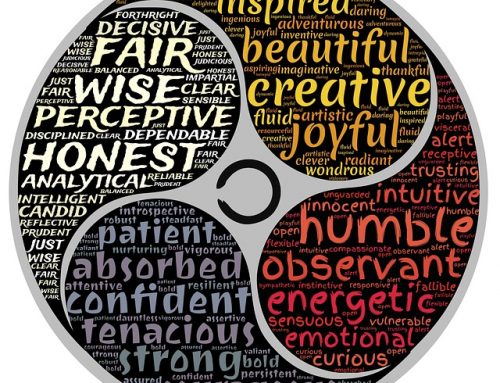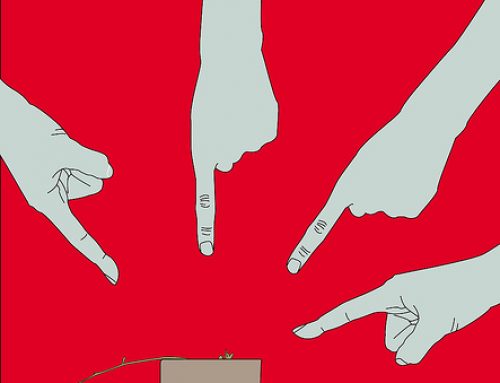Today’s equivalent of “The World is Flat” (not the book, but the common belief of pre-Columbus Europe) is that “I Don’t Need Help,” and the implications are just as profound. I see signs of this paradigm every day. People suffer silently for much or all of their lives because they think that they don’t need anyone else, or that asking for help is a sign of weakness. We limit ourselves and what is possible to achieve as communities because of this paradigm called “I Don’t Need Help”.
The World is Not Flat and You Need the Help & Support of other People
No matter what you’re up to in life, you need other people to get things done, to fix things that break, to build, to create, solve problems etc. That’s why Yellow Pages existed and today you use Google.
You even need other people to enjoy your life. That’s why empty clubs and restaurants stay empty and why you go home for Thanksgiving or Chrismas/Hanukkah etc.
This is not so much a bad or good thing as it is simply a part of what it means to be a human being. We are social beings who are meant to function within social groups. Our capacity to discover, create, overcome obstacles, and enjoy life increases the more people we have in our communities, and in our personal lives.
If you have difficulty grasping this, just imagine the lone human being in the wilderness and what his or her quality of life would be like – 100% consumed by the effort to just stay alive – and how that quality of life changes as s/he begins to have family and community members with which to share the burden of life. There comes a point when the community’s basic needs of food, water and shelter are taken care of in a sustainable way, and people become free to think and create.
Our lives today are not that much different.
We’re Blind to the Help we Get, and the Help We Give
Ironically, the illusion of the lone, independent person that doesn’t need any help, is possible only because s/he has so much help. Help that has become systemized, institutionalized, and depersonalized but which remains help nonetheless, just we don’t see it as what it is anymore. Today for most of us there exists so much surplus for our basic needs that we almost treat the abundance of food and shelter around us for granted and forget our dependence on those that produce them.
We’ve become desensitized to the help our work produces for other people and have become sensitive only to the “reward” produced for ourselves, i.e. our salaries, commissions etc. This is unfortunate because while earning monetary rewards for your labor is pleasing, and is indeed a proxy measure for the quality of help and satisfaction your work produces for other people; it (monetary rewards) shields you from the direct emotional and spiritual rewards that come from directly experiencing the impact your work produces on real … live … human beings.
Money is Great and it’s unsatisfying Without the Feeling that YOU Make a Difference in the Lives of Others.
Ask people who have had the opportunity to impact people in poor countries or communities e.g. through the Peace Corps. or Habitat for Humanity. Seeing the impact your work, words, or attention has on another human being can, and often does, move you to tears.
This is why very wealthy and powerful people like Warren Buffet, Bill Clinton, Bill Gates and Jimmy Carter devote their time and or money to helping humanity. This is why people who have done courses and programs at personal development companies like Landmark Education often become such avid proponents of these courses and programs; because these courses provide the actual experience of – not theoretical like reading this post – of your love and support on other people and their love and support for you.
These experiences changes lives in such profound ways that it is called transformational. People who have had these experiences actually shake off the old paradigm and take on a new one, and this incidentally is why many people regard Landmark graduates as weird or “cultish”, because Landmark graduates speak from a new paradigm “We need each other” and the non Landmark graduates listen from the old paradigm of “I don’t need help/I don’t need anybody/I can do it on my own”.
It’s also a bit amusing that most people who live in the “I don’t need help” paradigm also live in an “I don’t/can’t make a difference.” How funny is that?




Hi Peter,
I like what I have read and would want to know more. Is there additional info?
Regards,
Judy